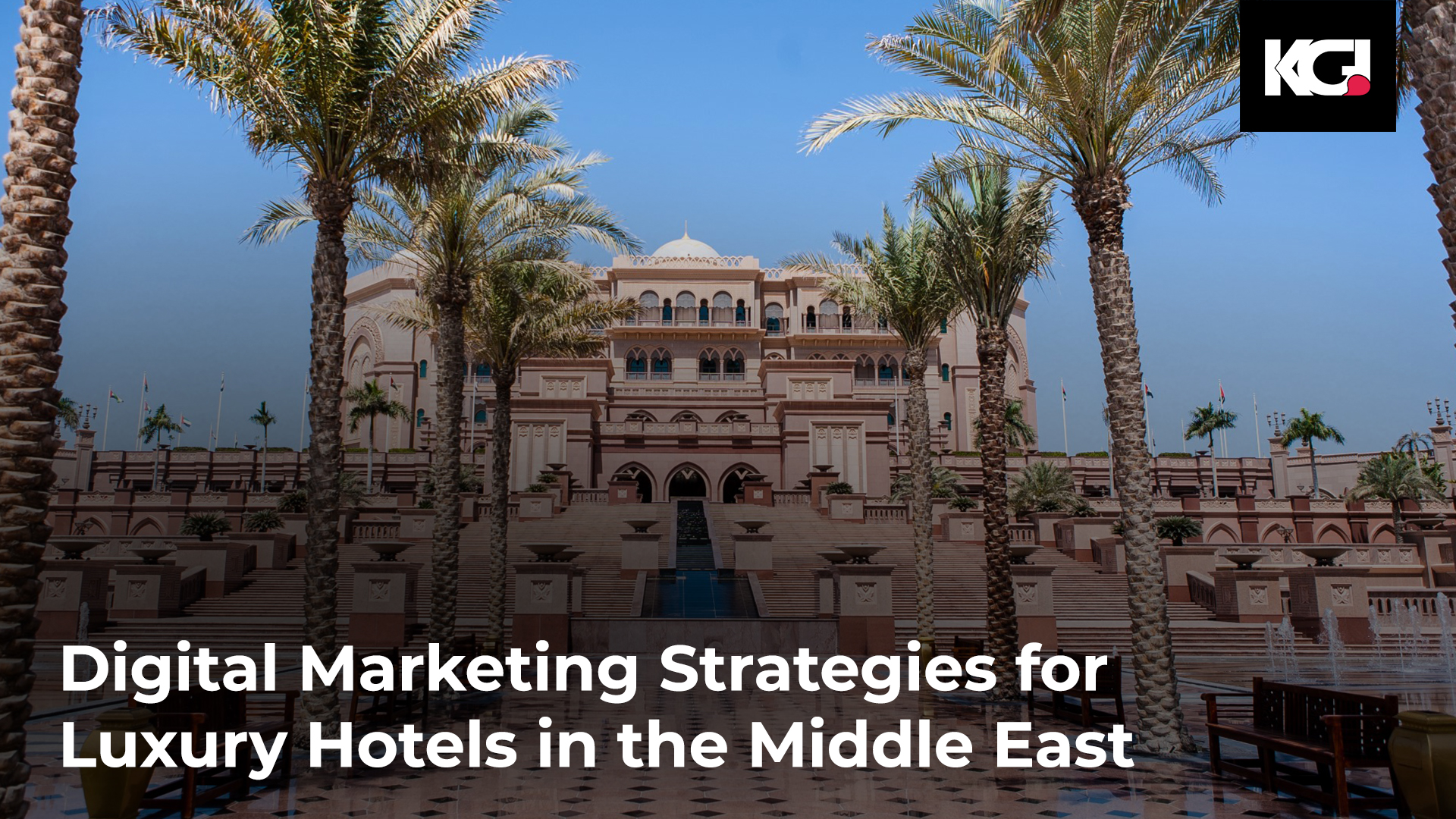In the fiercely competitive Middle Eastern luxury hotel sector, digital marketing is not just an option but a necessity. These strategies allow hotels to establish an enticing online presence, attract high-end clientele, and deliver unparalleled guest experiences, aligning perfectly with the region’s reputation for lavish hospitality. Whether it’s the glamour of Dubai, the heritage of Oman, the luxury of Saudi Arabia, or the opulence of Qatar, these digital marketing strategies are a key driver of success for luxury hotels across the Middle East.
Here, we explore the digital marketing tactics employed by luxury hotels in Saudi Arabia, Dubai, Oman, and Qatar.
1. Exceptional Website Design:
In the Middle East, a luxury hotel’s website serves as the digital ambassador of the property. These websites are designed to be visually captivating, user-friendly, and mobile-responsive. They often feature high-resolution images of luxurious rooms, fine dining experiences, and breathtaking views. The booking process is seamless, ensuring an unforgettable online experience for potential guests.
2. Compelling Content Marketing:
Luxury hotels across the Middle East utilize content marketing to narrate the unique story of their property. They emphasize the heritage, distinctive features, and unforgettable experiences they offer. The narrative approach is powerful, creating a personal connection with potential guests, making them feel like they are part of the hotel’s journey.
3. Search Engine Optimization (SEO):
To enhance online visibility and attract organic traffic, Middle Eastern luxury hotels prioritize SEO. They carefully select and incorporate relevant keywords, produce high-quality content, and optimize the technical aspects of their websites. This strategy ensures their websites rank prominently in search engine results pages.
4. High-Quality Visual Content:
Visual marketing is key to promoting luxury in the Middle East. Luxury hotels spare no expense in employing professional photographers and videographers to capture the beauty of their property. From lavish rooms and amenities to exquisite dining options and breathtaking landscapes, visually stunning content is a priority.
5. Social Media Engagement:
Active engagement on social media platforms such as Instagram, Facebook, and Twitter is a common practice among luxury hotels in the Middle East. Regular posts and updates showcase the hotel’s unique selling points, share real-time information about events and promotions, and facilitate direct interaction with followers, fostering a vibrant online community.
6. Influencer Collaborations:
Middle Eastern luxury hotels frequently collaborate with influencers and travel bloggers. These collaborations provide hotels with access to a wider and more engaged audience. Influencers offer an authentic perspective, sharing their experiences at luxury hotels with their followers, which has a profound impact on potential guests.
7. Email Marketing Campaigns:
Personalized email marketing campaigns play a vital role in keeping potential and returning guests informed about special offers, events, and the hotel’s services. Luxury hotels in the Middle East leverage email marketing to maintain an ongoing connection with their clientele.
8. Data-Driven Decision-Making:
Data analytics are instrumental in crafting successful digital marketing strategies. Luxury hotels analyze data on website traffic, booking patterns, and customer preferences. This data-driven approach allows them to refine their marketing tactics, customize services, and provide a tailored guest experience.
9. Mobile Optimization:
Recognizing the prevalence of mobile device usage among travelers, luxury hotels ensure their websites and booking processes are mobile-responsive and user-friendly, ensuring potential guests can access information and book easily on their smartphones.


